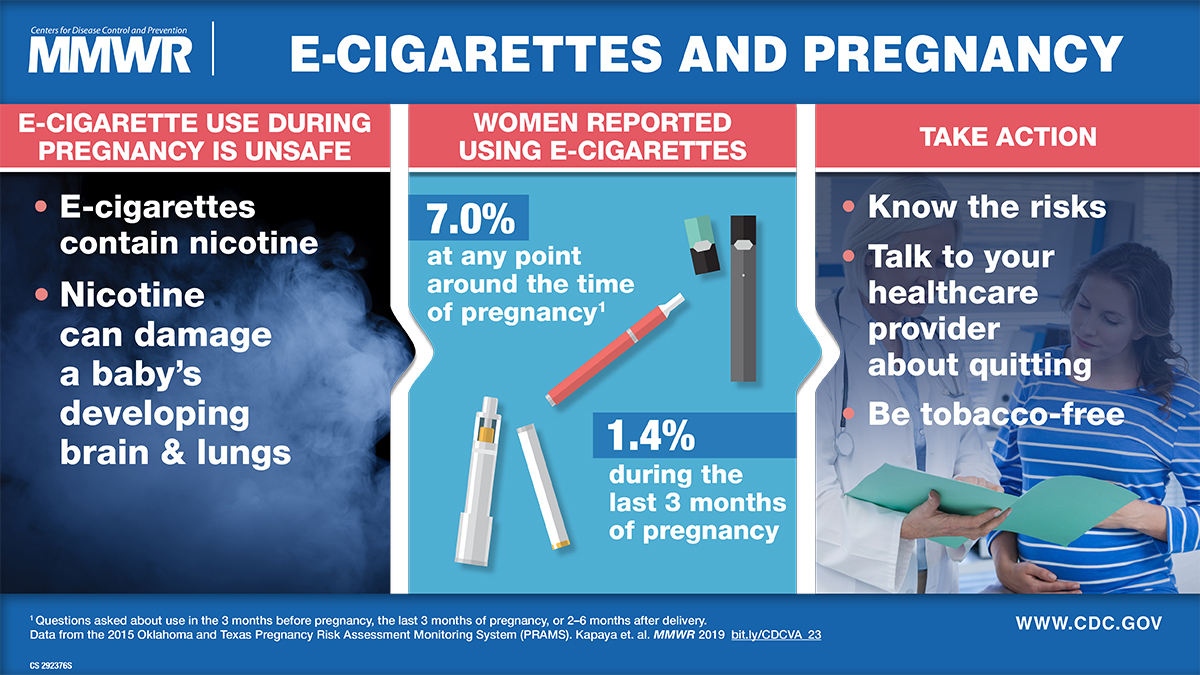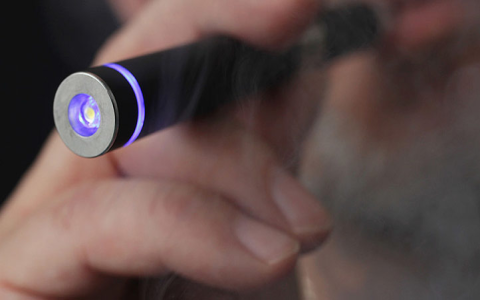Pregnancy and Vaping Risks Overview
Vaping during pregnancy exposes the fetus to harmful substances, increasing risks for developmental issues. E-cigarettes contain nicotine and other toxic chemicals that can cross the placenta.
Key Harms to the Unborn Child
Scientific evidence shows vaping elevates the likelihood of:

- Preterm birth: Increased chance of delivery before 37 weeks.
- Low birth weight: Babies born weighing less than 5.5 pounds, affecting growth and immunity.
- Neurodevelopmental problems: Nicotine disrupts brain development, possibly leading to learning disabilities or behavioral issues.
- Long-term health effects: Inhalation of chemicals like formaldehyde may increase asthma or heart risks in childhood.
Why E-Cigarettes Are Not Safe Alternatives
While e-cigarettes might deliver fewer toxins than traditional cigarettes, they still involve:
- Nicotine addiction: Sustaining exposure harms placental function and blood flow.
- Unknown additives: Flavorings and solvents release carcinogens when heated, with unstudied fetal impacts.
Studies, such as those in pediatrics journals, confirm no level of vaping is risk-free for pregnancies.
Recommendations for Pregnant Individuals
Avoid all nicotine products, including e-cigarettes, to protect fetal health. Consult healthcare providers for safe cessation strategies, such as behavioral counseling or approved nicotine replacement therapies.








